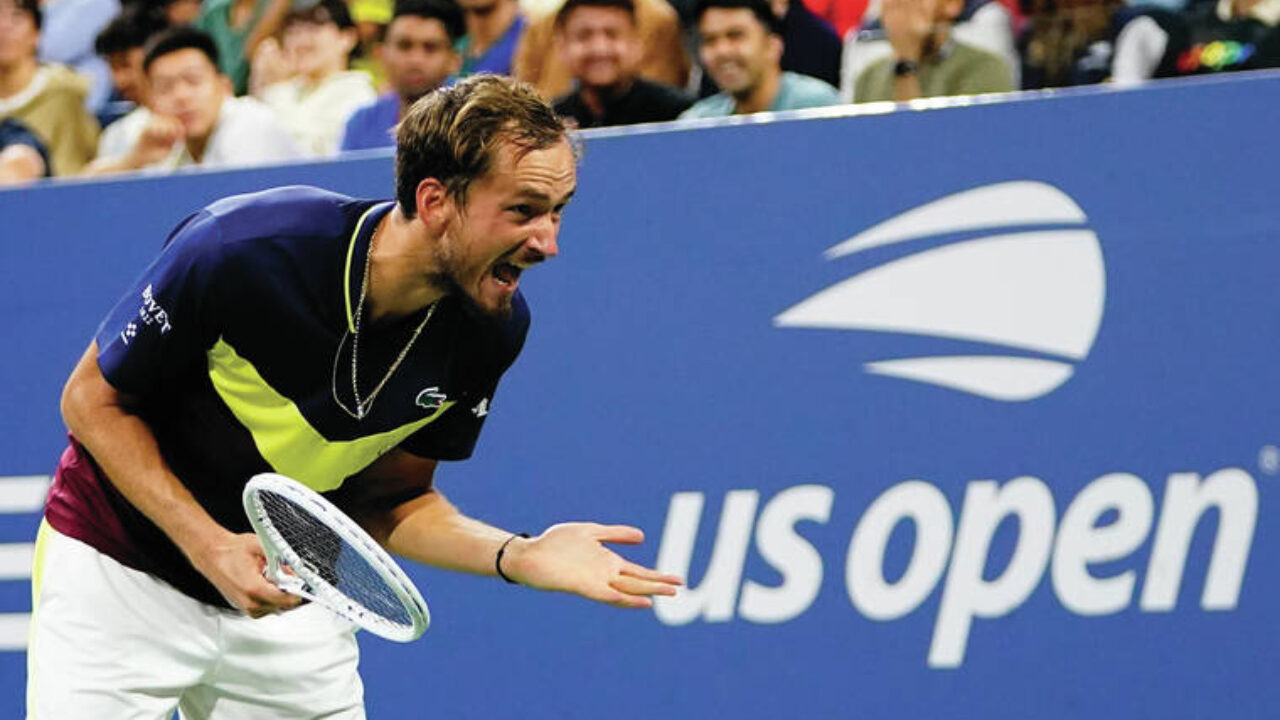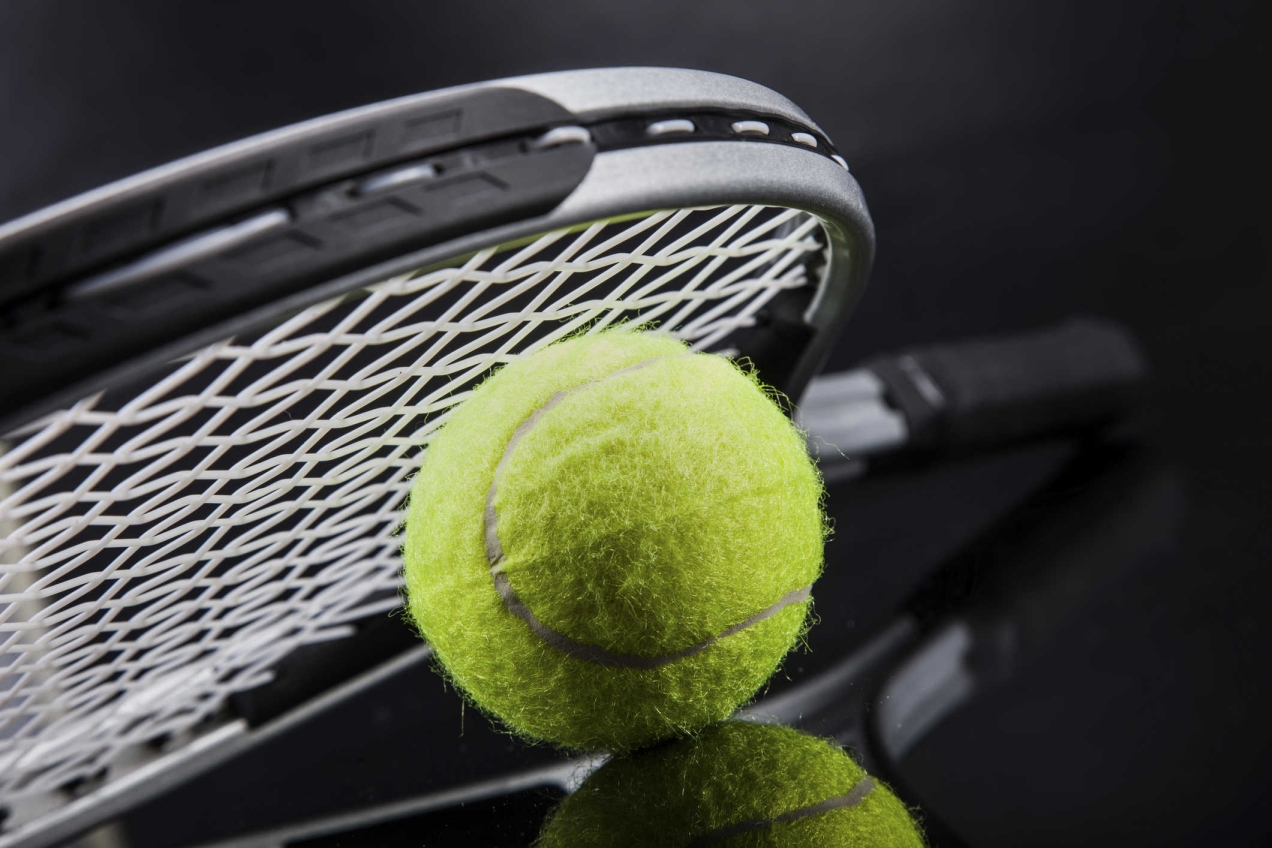Tennis, often viewed as a sport of physical agility and finesse, is deeply entrenched in the psychological realm. How a player thinks, feels, and reacts can heavily influence the trajectory of a match. This article delves into the critical intersections between tennis and psychology, unravelling the profound impact of the mental game.
Tennis Psychology: Why is the Mind as Crucial as the Racket?
While strength and stamina are undeniably pivotal in tennis, the mind dictates the strategic deployment of these assets. Tennis legends like Rod Laver and Chris Evert frequently emphasized that a significant part of their battles were fought in the mind, not just on the court.
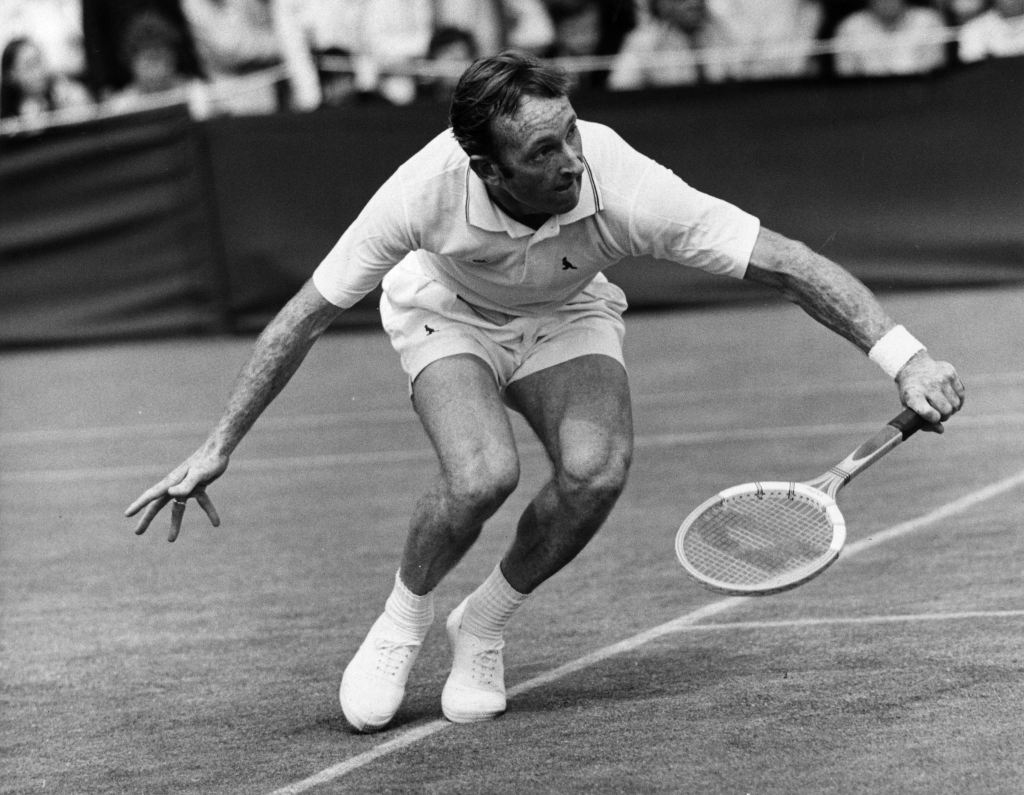
How Pressure and Expectations Influence Tennis Match Outcomes
The weight of public expectation can crush even the most seasoned players. Pete Sampras, despite his numerous titles, often spoke of the immense pressure he felt during Grand Slam finals. And it's not just about the fear of letting oneself down but the potential disappointment of thousands of fans. Smith and Smoll's 1997 research highlighted how this perceived pressure could lead to suboptimal performance, with players making uncharacteristic errors.
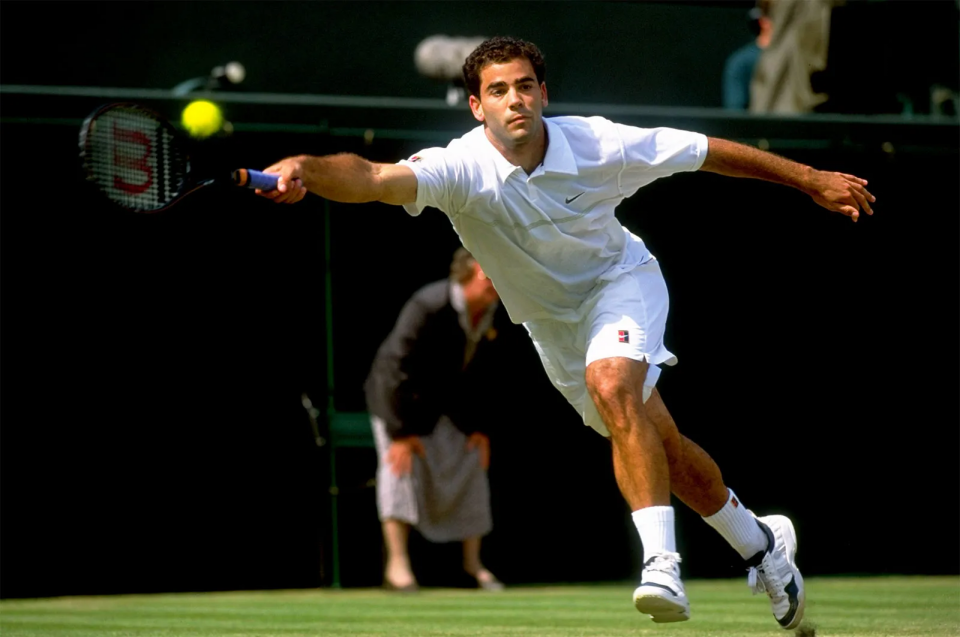
Mental Training Techniques for Tennis Players: Boosting Mental Resilience
Top players have invested significantly in mental coaching, aiming to enhance focus and emotional control. Dr. Jim Loehr's research on elite athlete resilience has showcased techniques like visualization – where players mentally rehearse match scenarios – and meditation, which fosters increased self-awareness and calmness.
Grand Slam Psychology: How the Mind Dictates Victory in Crucial Moments
Grand Slam matches elevate the mental game's stakes. Matches such as the Wimbledon 2008 final between Federer and Nadal epitomize how mental fortitude can shift the game's tide. With both players almost equal in skill, it was their mental resilience and strategy under pressure that became the game-changer.
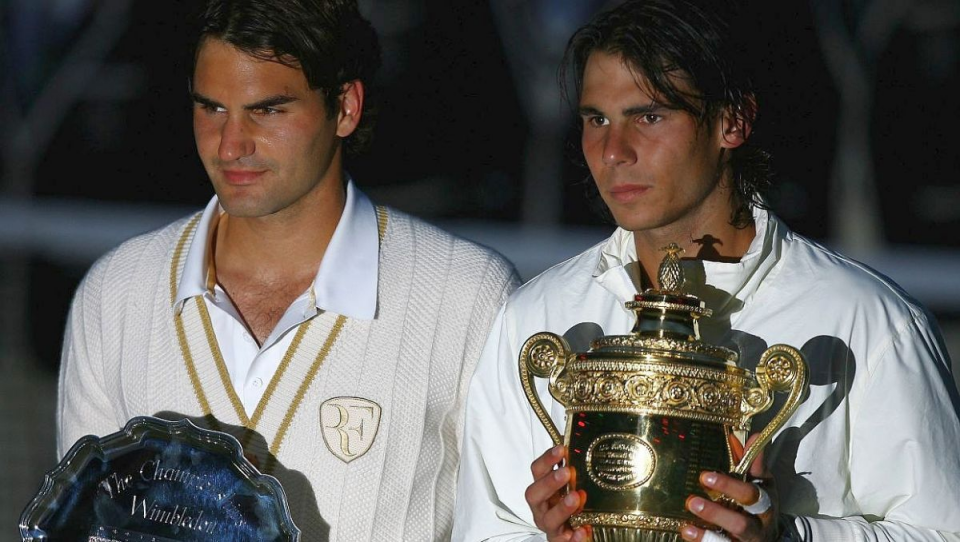
The Role of Sports Psychologists in Tennis Training
From Andre Agassi's confessionals about his mental battles to Djokovic's emphasis on spiritual grounding, the role of sports psychologists in tennis has gained prominence. These experts offer strategies for focus, handling defeat, and maintaining confidence, all crucial for success on the court.
Triumphs, Defeats, and Their Impact on a Tennis Player's Mentality
The highs of victories and the lows of defeats shape a player's psyche. After a significant loss, players like Serena Williams have openly discussed the need for mental resets. These moments, while painful, often provide the most substantial growth lessons, propelling players to renewed focus and strategy refinement.
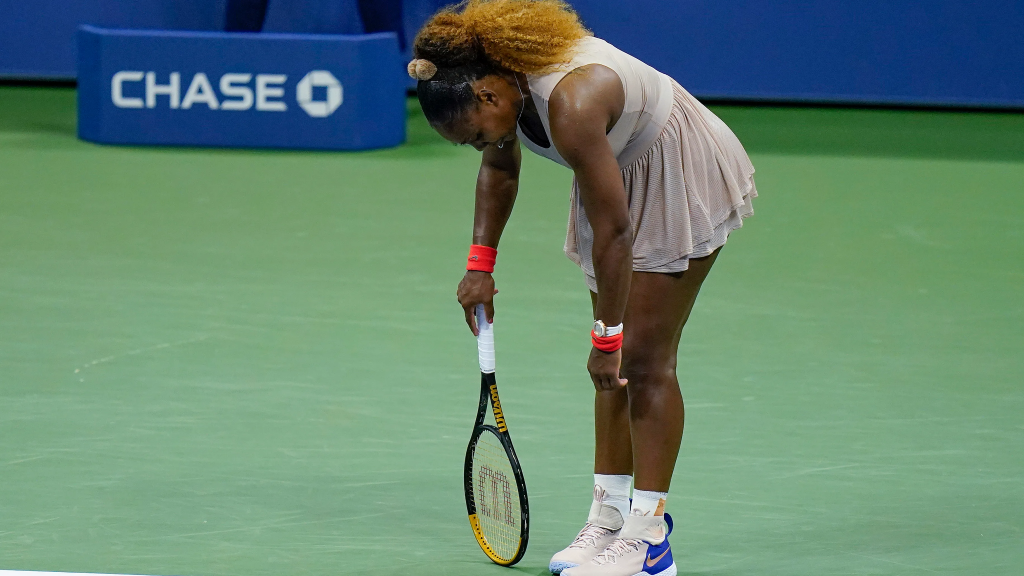
Meditation and Mindfulness in Tennis
Beyond being trendy buzzwords, meditation and mindfulness have transformed players' games. Djokovic, among others, has adopted meditation to maintain calmness during high-stress matches. Dr. Michael Gervais's work validates the positive effects of mindfulness on athletic performance, emphasizing increased concentration and reduced anxiety.
Combatting Stage Fright on the Tennis Court
The solitary nature of tennis amplifies individual pressure. Dr. Sian Beilock's research around 'choking' under pressure offers insights. She suggests that overthinking during critical moments can derail performance, advocating for practices that promote automaticity and intuition.
Longevity in Tennis and the Mental Edge
The correlation between mental strength and career longevity is undeniable. Players like Roger Federer, who've exhibited incredible resilience and adaptability, have enjoyed longer, more successful careers.
The Psychological Tug-of-War in Tiebreaks
Tiebreaks are pressure cookers. Serena Williams, in various interviews, has shed light on her psychological approach during these moments, emphasizing positive self-talk, deep breathing, and recalling past successes.
The Mental Dynamic of Singles vs. Doubles Tennis
While singles demand self-reliance, doubles introduce a team dynamic. Legendary pairs like the Bryan brothers underscore the need for impeccable communication and trust, both of which require robust psychological grounding.
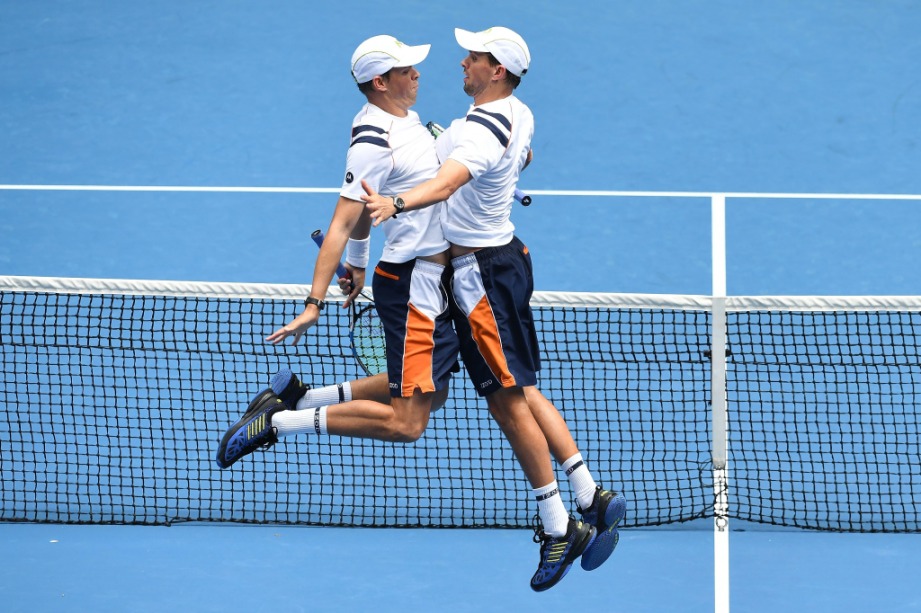
The Psychology of the Tennis Fan and its Impact on Players
Crowd energy can be a double-edged sword. Dr. Alan Reifman's exploration of the 'home advantage' phenomenon underscores how players can feed off crowd energy, turning it into performance fuel.
Psychological Coaching in Modern Tennis
More top players are incorporating dedicated psychological coaches into their teams, acknowledging the mental game's centrality. These professionals help in navigating pressures, overcoming mental blocks, and maximizing on-court performance.The Pressures and Potentials of Young Tennis Prodigies The likes of Monica Seles and Tracy Austin, who achieved success at a tender age, faced unique psychological pressures. Balancing fame, expectation, and personal growth is a daunting task, necessitating specialized mental coaching.
The Anatomy of Iconic Tennis Comebacks
Matches like the 2019 Wimbledon final, where Djokovic rallied against Federer, are lessons in psychological tenacity. Analyzing these comebacks provides a window into players' mindsets during adversity and how they summon their mental reserves to turn the tables.
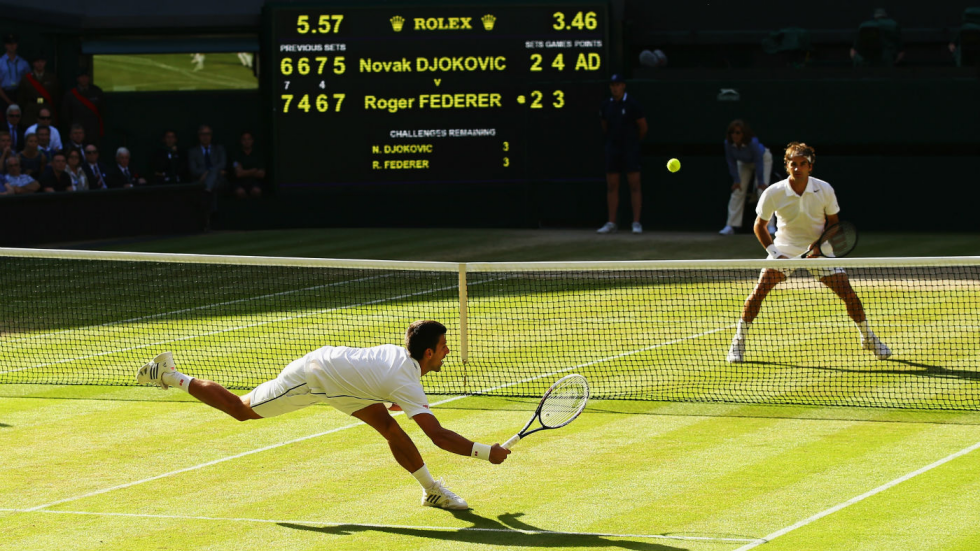
Self-reflection in Tennis: A Gateway to Growth
Self-awareness in tennis is a potent tool. Players like Agassi, who've deeply introspected, have transformed their games, converting personal insights into on-court strategies.
Overcoming Bad Streaks: The Mental Reset
Every player faces slumps. However, champions like Sharapova and Nadal have shown that a strong psychological framework can expedite recovery from these lows. By embracing cognitive restructuring techniques, as discussed by Dr. Joseph Parent, players can redefine their relationship with defeat and rebound with vigor.
Importance of Psychology in Tennis
In tennis, as in life, the mind's power is both a weapon and a sanctuary. Embracing and refining the mental game can catapult players to unparalleled heights, proving that while tennis is played on the court, it's often won in the mind.
Indeed, the journey to mastering one's mind extends far beyond the tennis court, spilling over into the myriad challenges of daily life. Imagine harnessing this mental strength in delicate relationship negotiations, demanding work projects, or even in moments of self-doubt. By cultivating a resilient psyche, not only can you amplify your prowess on the court, but you can also navigate life's intricacies with grace and assurance. Engaging in mental training isn't just an investment in your tennis game; it's a commitment to elevating your overall life experience. Whether you're facing a breakpoint in a match or at a crossroads in your career, the power of a fortified mind can be your guiding light, illuminating paths previously unseen. Embrace this journey of mental growth, and watch as doors of opportunity swing wide open in both sport and life.
